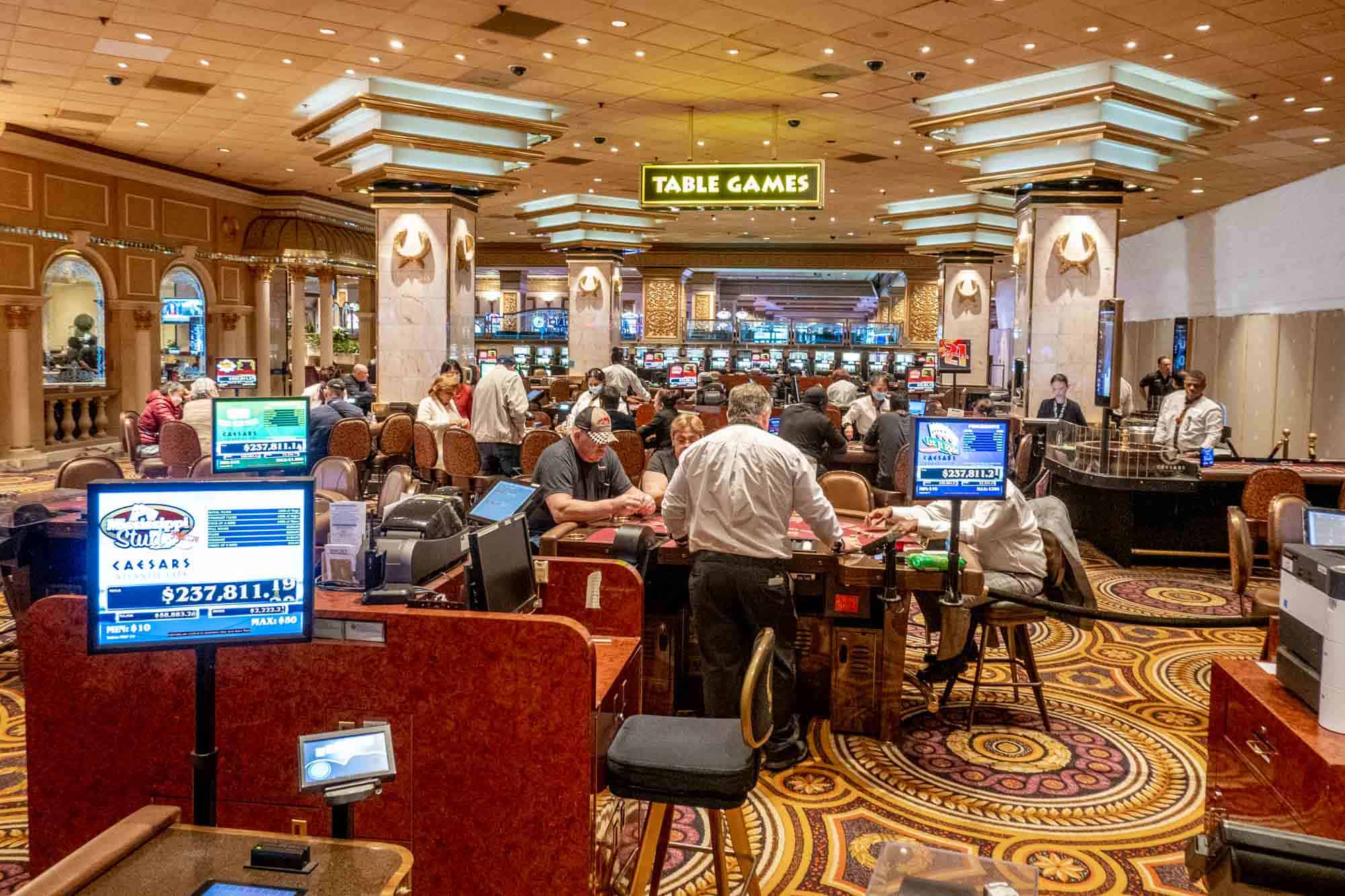How Gambling Games Represent our Mankind’s Existence

Gambling games have long been an integral part of human culture, offering not just entertainment but a intriguing reflection of our hopes, wishes, and concerns. From the spinning reels of a slot machine to the strategic gameplay of poker, these games represent a range of human emotions and incidents. At their core, casino games are more than a chance to make profits; they are a reflection of life itself, where risk and reward converge and fate can change in an instant.
As players assemble around tables or sit in front of brightly lit machines, they engage in a tradition that transcends mere gambling. These games reflect our instinctive desires for connection, excitement, and the search for fortune. They also disclose deeper truths about human psychology, such as our relationship with chance and the excitement of uncertainty. https://tx88vn.com/ In exploring casino games, we discover not only the mechanics of play but also the intricate pattern of the human journey, showcasing our interconnected narratives of hope and reality.
The Mind Behind Gambling
Gambling is deeply rooted in human psychology, appealing to various feelings and desires. The thrill of risk-taking is a core aspect that draws players in, whether the thrill of spinning a roulette wheel or the excitement of drawing a winning hand in a poker game. This adrenaline is frequently likened to other forms of thrill, as the uncertainty of outcomes triggers a distinct psychological response. Gamblers often become entranced by the possibility of striking it rich, leading to an almost magnetic draw toward casino games.
Another, an essential component of the psychology behind gambling is the concept of optimism and aspiration. Players often indulge in dreams of financial freedom and the luxurious lifestyle that can accompany winning. This optimism fuels their ongoing participation in gambling, as it provides a sense of purpose and the conviction that a transformative win could be just one bet away. The story of overcoming odds and achieving success resonates with many, strengthening their commitment to play and involve themselves with these games.
Finally, social dynamics play a significant role in gambling psychology. Casino environments are designed to foster social interaction, where players gather to share the experience of wins and losses. This communal aspect not only enhances enjoyment but also influences behavior, as individuals often mimic the actions of others in their vicinity. The social validation found in shared excitement can enhance the emotional experience, making casino games a reflection of not just personal desires but also shared involvement within the gambling community.
### Risk and Reward: A Double-Edged Sword
Gambling games embody the delicate balance between risk and gain that resonates deeply with the human experience. The thrill of placing a wager is often accompanied by a rush of adrenaline, as players are confronted with the chance of a huge payout, yet conscious of the risk to suffer losses. This twofold experience reflects a essential aspect of life: the choices we make often come with intrinsic risks, and the pursuit of reward can drive us to take chances we might not normally consider. In this way, casino games echo real-world decisions, enticing gamblers to gamble not just their funds, but also their aspirations.
The allure of grand jackpots and payouts fuels a sense of optimism, motivating players to dream of a brighter future that could arise from a fortunate turn of the roulette or flip of a card. This hope can motivate individuals to engage in more daring actions, urging them to push their boundaries in search of financial gain. However, just as in life, the consequences of these decisions can lead to both victory and despair. The stories of both jackpot winners and those who have suffered everything at the casino demonstrate the chaotic nature of luck and its significant effect on our futures.
Ultimately, the experience of engaging with gambling activities serves as a strong reminder of the nature of humanity. Every session played is loaded with the tension of risk, as gamblers weigh the rewards against the dangers. This dynamic not only highlights the thrill that comes with gambling but also exposes the vulnerabilities that come with the longing for more. As we journey through the challenges of choice and results in both the casino and in life, we find that the quest for gain shapes our character and journeys in significant manners.
Culture and Solitude in Gambling Environment
Casino environment is a special combination of communal engagement and personal pursuit, reflecting the tensions of human experience. Players often come together around tables, experiencing in the thrill of the game, rejoicing in wins, and sympathizing over losses. This social aspect is vital, as it creates a sense of community and bonding among diverse groups of people. Regular visitors to casinos may build friendships and develop routines, turning the gambling venue into a second home where they feel linked to a greater community of players.
However, the appeal of gambling activities can also result to isolation. As players become immersed in the excitement of gambling, they may withdraw from personal relationships or neglect to engage with the environment outside the casino. For some, the pursuit of a windfall can distract from real relationships, leading to loneliness. The situation of being surrounded people yet experiencing solitary is not uncommon, as the attention shifts from collective fun to the private concerns of each individual’s journey.
This interplay of society and isolation creates a vivid mosaic that defines casino culture. It highlights the complexity of social interactions, where happiness and despair coexist. Gambling venues serve as both a refuge for social engagement and a platform for individual challenges, illustrating how intimately connected our desire for connection and the individual quest for fortune can be. In navigating this environment, players confront their own narratives—seeking both the rush of the game and the fellowship of other gamblers, ultimately mirroring the wider spectrum of human experience.
